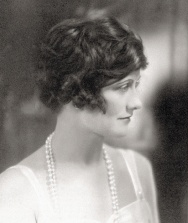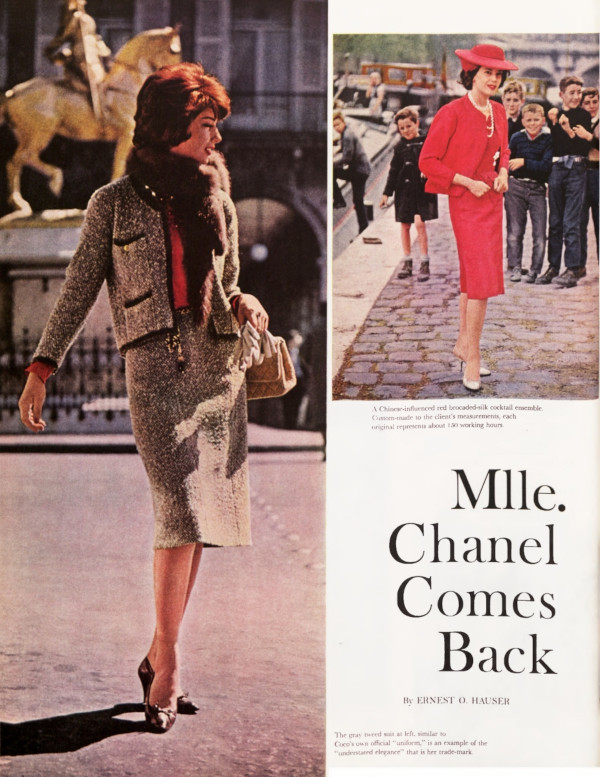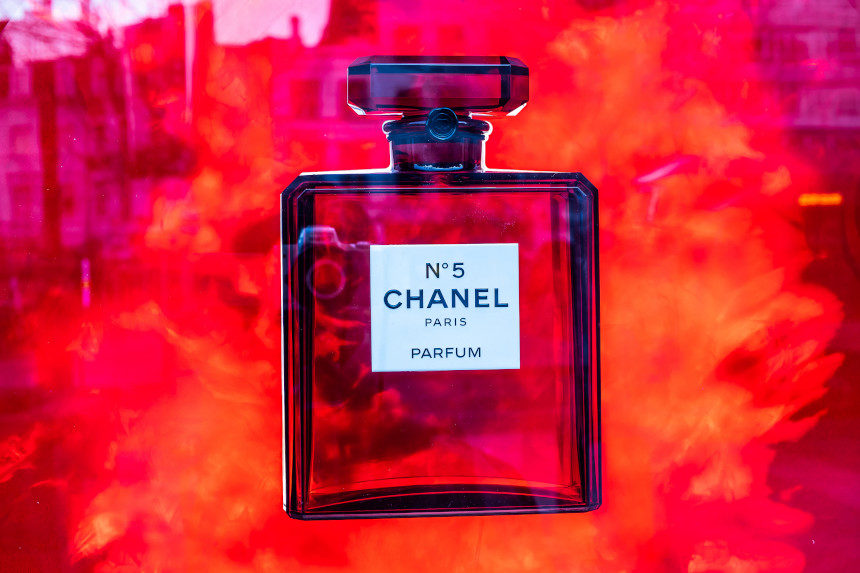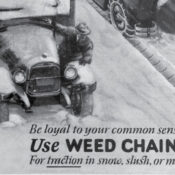On this day 100 years ago, the iconic designer Coco Chanel debuted her new perfume, Chanel No. 5, at her Paris shop. The scent — and the woman — has had a lasting influence on the business of fragrance.
So much about Mlle. Chanel was remarkable and distinctly Coco: she lived at the Hotel Ritz in Paris for more than 20 years. She had an unrivaled menagerie of animal sculptures. Her library contained more than 4,000 books, most in 18th-century bindings. She loved and amassed a collection of costume jewelry.
Chanel collected people as well: Her private clients included the Duchess of Windsor, Marlene Dietrich, Françoise Sagan, Lauren Bacall, and Sophia Loren. And her friends were an even more rarified bunch: Picasso, Cocteau, Cécile Sorel, Stravinsky, and Diaghilev.
Her origins were not as grand. Gabrielle Chanel grew up in poverty in Central France, raised, but not loved, by two Aunts. But she soon fell in with a wealthy crowd, where she spent her days horseback riding, reading, and studying the rich. In 1911, she opened a hat shop, and soon began making jackets to go with them. Matching skirts followed, and the timeless Chanel suit was born.
The perfume came later, in 1921. As Ernest O. Hauser tells it in the June 13, 1959, issue of The Saturday Evening Post (although he says the year was 1922, not 1921), “Coco approached the perfume house of Rallet, on the French Riviera, with the unusual request to make a perfume which she could sell under her name. Rallet’s chief chemist, Ernest Beaux, came up to see her with ten tiny sample flasks, and Coco, sniffing them in their proper order, stopped with delight at Sample No. 5.”

Beaux’s inspiration was as grand and complex as the scent itself: the chemist “had attempted to capture the aroma of a lake-studded and snowbound part of Arctic Russia which he had visited as a French liaison officer during the 1914-18 war. To reproduce the nippy freshness, he had blended a large dash of aldehydes — CH3CHO — with such old-fashioned fragrances as jasmine, rose and violet. Compared with orthodox perfumes, the new elixir — juxtaposing clashing odors — was as the atom bomb to TNT.”
Those clashing odors were a hit, and the perfume would go on to sell more than five million dollars a year in America alone. It certainly didn’t hurt that in a 1952 Life magazine interview, Marilyn Monroe said that Chanel No. 5 was the only thing she wore to bed.
The vicissitudes of fashion, World War II, and accusations of collaborating with the Nazis eventually pushed Chanel out of the couture business, but her beloved perfume kept her afloat through the lean years.
In 1954, the designer made a couture comeback, which the Post detailed in the 1959 profile. Her revival was a smashing success, as the 71-year-old found a new generation of women to dress. Ironically, many of her astronomically priced designs featured low-end fabrics like corduroy and jersey, because she proclaimed “it would be vulgar to show how rich you are.” The author of the Post article notes that “She got away with it because she had more good taste in her little finger than high society had in its pocketbook—and because she was Mlle. Chanel, the one and only Coco.”

Featured image: Grzegorz Czapski / Shutterstock
Become a Saturday Evening Post member and enjoy unlimited access. Subscribe now




Comments
AS A HUGE FAN OF CHANEL I HAVE YET TO REMEMBER AMAZING GRACE, HOW SWEET THE SMELL, FILLS MY HEART WITH LOVE, JOY AND INSPIRATION, IT WASN’T UNTIL TODAY I LEARNED CHANEL WAS CREATED YEAR 1959 AND IT’S MARVELOUS HOW TODAY IS A GOOD DAY, A DAY OF INCREDIBLENESS, A FUTURE TO LEARN AND AMAZEMENT THANK YOU CHANEL.